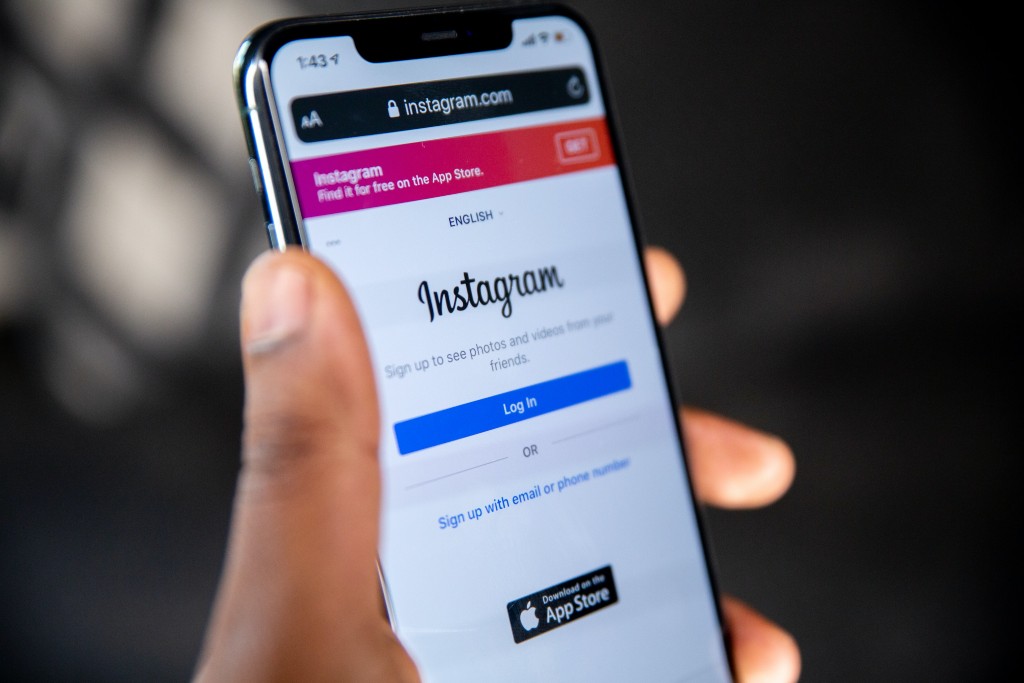Long before the Covid-19 pandemic, companies were recognizing the need to equip their future leaders with the proper skills for the changing future of work. The pandemic has only proven how crucial it is for businesses to think about growing the next generation of leaders.
It’s been a long time coming, too. At the start of 2021, a McKinsey survey found 59% of global leaders believed that the growing capability for long-term growth was ‘very or extremely important’ prior to the pandemic. That figure now stands at 78%. On that same note, developing the next generation of leaders is now the number one challenge for CEOs, according to DDI’s Global Leadership Forecast.
Why is the younger workforce so important? The fresh perspective, for one, says Bani Sodhi, who heads up the International Future Leaders Programme at the Adecco Group.
“Companies need to recognize the younger workforce is an asset,” Sodhi said. “The fresh perspectives coming from the people who are experiencing world events at an earlier stage in their life adapt to the new at a faster pace and view the world from a different lens.”
There’s so much companies can learn from a younger workforce, Sodhi said, especially in light of crisis’s like the Covid-19 pandemic.
“While companies are resilient in furthering commercial profits there is a whole lot of intellectual profit that people have gathered over the pandemic and must be leveraged for a more sustainable growth,” Sodhi said.
Here are the skill sets future business leaders need – and how companies can prepare the next generation of leaders.
What skillsets do future business leaders need?
In a survey of 5,000 Gen Z’ers by the Adecco Group, more than half (51%) believed that CEOs would not need college degrees by 2050, while 69% felt that soft skills, such as people management and communication, would be more important than hard skills for future C-suite leaders.
The best way to develop future leaders is through apprenticeships and experiential learning, according to 55%, and non-traditional education such as online courses or bootcamps were cited by a quarter of respondents.
The Adecco Group’s Future Leaders 2020 report suggests that tomorrow’s leaders already have many of the attributes required to be top business leaders. In some areas, Gen Z performed significantly better than today’s senior corporate leaders. But the report also indicates that they need support in some of the skills that are acquired through experience. According to occupational psychologist and SHL managing consultant Nairita Paul, this as a significant opportunity for companies to build multi-generational teams that benefit from the cognitive diversity between senior leadership and the younger generation.
These are the top 5 skills where Gen Z shows strength:
- Deciding and initiating action
- Formulating strategies and concepts
- Planning and organising
- Achieving personal work goals and objectives
- Building relationships and influencing others
This is what Gen Z can offer in times of uncertainty and crisis
- Their ability to solve problems, propose new ideas fast that are high quality, and thought through in a strategic way
- Decisiveness, drive, and energy
- Leading others through understanding, inspiration, and clear management of outcomes
But they need support in skills acquired through experience:
- Resilience: when facing setbacks and criticism they are more likely than most to lack the resilience needed to start again when things go wrong. They may be prone to losing their drive and confidence to make decisions.
- Following instructions and rules: they are likely to question rules that they do not understand, or feel are relevant. Questioning the status-quo can be a healthy practice in some cases.
- Willingness to adhere to corporate values and principles: their focus may tend to be on their personal needs and goals above those of their function or organisation.
- Listening to the needs of customers and delivering an excellent customer experience.
“Companies that recognize and capitalize on the synergies between generations, and those that nurture lifelong learning and provide constant skills development for their workforce, will have a tremendous competitive advantage,” Mark Whitehead, Global Candidate Assessment Lead at the Adecco Group, said.
Three Programmes to Prepare The Next Generation of Leaders
Most Companies have developed programs and initiatives to nurture and upskill the future leadership capabilities of their own young talent.
The Adecco Group, for example, runs its own Future Leaders program, the CEO for One Month initiative, and the Adecco Group University (TAG U) -- all designed to equip tomorrow’s leaders with the required skills for a rapidly changing world.
The International Future Leaders Programme
This 18-month leadership development journey is aimed at building leaders with strong commercial skills and the ability to deliver solutions to real-time business challenges through innovation, and combine their talents with company best practices to continuously improve its services.
Sponsored by senior executives within the organization, delegates on the program experience a personal and professional development journey that takes them across international borders and business lines, enabling the company to identify its top performers early on, and helping to develop and accelerate their careers.
Bani Sodhi, who heads up the International Future Leaders Programme, says: “It is a great reality check for all high potential talents as they broaden their multi-cultural network, overcome time zone barriers, pick up best practices and shape their own unique style of leadership. The journey itself is fast paced, agile and competitive, within a safe environment without any biases.”
The curriculum offers a mix of core and people skills, but with the shift towards virtual working the approach to training has changed to ensure that every skill learned on the program can be deployed virtually as well as in the physical environment. For example, negotiation skills an office setting look very different in a telephone call or a Teams Meeting setting.
“As our skill implementation environment changes, our perception of skills must also be re-defined,” says Sodhi. “The skills on this program are learnable, realistic and tackle real time challenges, and ensure that delegates have experience in all facets of leadership.”
The CEO for One Month Program
The CEO for One Month Program attracts talent from outside the company. Successful candidates for this initiative have the opportunity to work alongside and shadow the local and global CEOs of the Adecco group. They experience the life of a senior business leader for one month. In the last six years, more than 250 candidates have enjoyed this unique opportunity to develop and showcase their leadership potential and learn what it takes to succeed as a business leader.
TAGU
The Adecco Group University (TAG U) is developing a robust learning eco-system that sets all Adecco Group colleagues on a path for continuous growth. This year TAG U will focus on building its transformational critical capabilities, which include digital capabilities, agile ways of working, collaborating and co-creating that drive a fundamental shift in collective working, pricing, solution selling and leadership development. These are the critical capabilities driving the company’s Future@work transformation.
Four Ways to Attract, Engage and Develop Younger Leaders
- Be open to candidates with non-traditional paths and backgrounds: widening the talent pool enhances diversity and ensures that the selection process focus on the qualities the organization really needs.
- Harness Gen-Z’s strengths and help them manage their challenges: develop ways of drawing out the strong work ethic, strategic thinking and exceptional drive in a psychologically safe environment, and help them build resilience and manage setbacks by capitalizing on the inter-generational strengths within the business.
- Create a leadership culture that values ideas from everyone in the business: promote a richness and diversity of thinking and culture that will motivate the workforce and benefit the business.
- Provide a holistically supportive environment: bring the company’s values and objectives alive in a compelling and relevant way. Gen Z will need to be convinced before buying in to the corporate culture.



